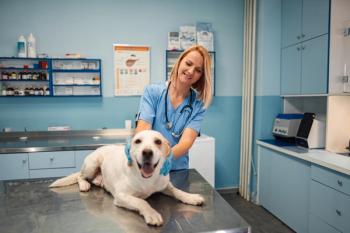
Your role in parasite prevention and treatment
Regardless of whether you work in the front or the back of the clinic, you can play a vital role in identifying and preventing hemoparasitic infections.
Receptionists
Ask specific questions when owners call: How long has your pet been sick? How severe is the illness, and how quickly did it come on? Is your pet allowed outdoors? Is your pet receiving any topical or oral parasiticides?
Become familiar with the common signs seen with most hemoparasite infections. If you suspect a pet may be infected with a blood parasite, encourage owners to come in right away. The quicker a pet gets treatment for a blood parasite infection, the greater the chance for recovery.
Veterinary technicians and assistants
Become proficient at making readable smears, and encourage the doctor to let you prepare them.
Entire team
Educate owners about topical and oral parasiticides. For example, they not only keep ticks and fleas at bay but also are an important way to protect pets from hidden enemies such as heartworms and other hemoparasites.
Newsletter
From exam room tips to practice management insights, get trusted veterinary news delivered straight to your inbox—subscribe to dvm360.






